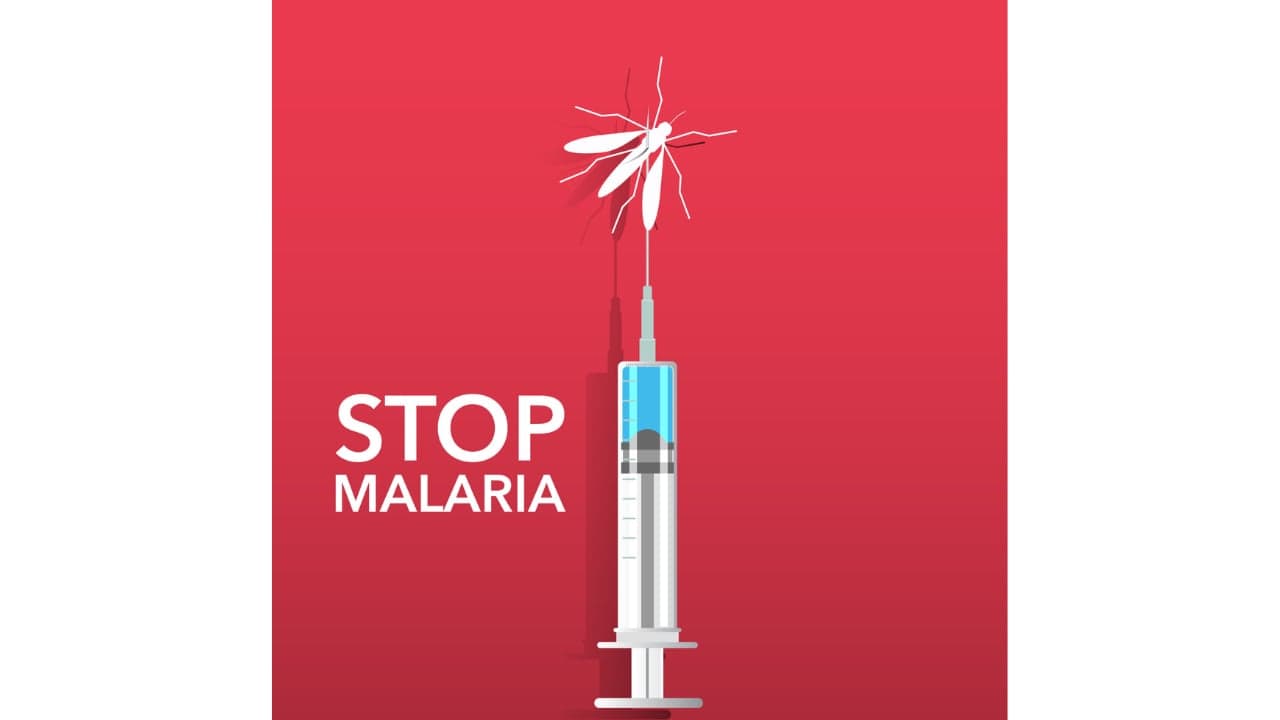Gavi–UNICEF Deal Slashes Cost of R21/Matrix-M Malaria Vaccines, Expands Access for Millions of Children

Gavi–UNICEF Deal Slashes Cost of R21/Matrix-M Malaria Vaccines, Expands Access for Millions of Children
Gavi, the Vaccine Alliance, and UNICEF have announced a major agreement aimed at making the R21/Matrix-M™ malaria vaccine more affordable and widely accessible, marking a significant boost for global malaria prevention efforts.
Backed by Gavi and executed by UNICEF, the deal is expected to save up to US$ 90 million for Gavi and participating countries. These savings translate into more than 30 million additional vaccine doses — enough to fully vaccinate nearly 7 million more children over the next five years. The arrangement is funded through an advance payment supported by the International Finance Facility for Immunization (IFFIm).
Under the agreement, the vaccine’s price will drop to US$ 2.99 per dose, a reduction anticipated to take effect within the next year. The move supports Gavi’s goal of fully vaccinating an additional 50 million children against malaria by 2030 and builds on commitments made during the Alliance’s pledging summit in Brussels in June 2025.
“Today’s announcement is a powerful example of what our Vaccine Alliance does best: leverage innovative financing and partnerships to shape vaccine markets and secure access to affordable vaccines – saving lives and delivering economic benefits to countries in the process,” said An Vermeersch, Gavi’s Chief Vaccine Programs & Markets Officer. “There has been an unprecedented demand for this new tool that will better protect children against one of Africa’s largest killers of children under five, and we thank our partners who are helping us match the strong commitment countries have already shown to the malaria vaccine.”
Gavi continues to support countries with procurement, logistics and the integration of malaria vaccines into routine immunization systems. More than 40 million malaria vaccine doses have already been supplied through Gavi’s programme across 24 African nations representing over 70% of the global malaria burden.
UNICEF, the world’s largest vaccine purchaser, plays a critical role by engaging with manufacturers to secure competitive pricing and ensure stable supplies of life-saving vaccines.
“A child dies from malaria every minute, a devastating death toll of nearly half a million young lives claimed each year,” said Leila Pakkala, Director of UNICEF Supply Division. “At this critical juncture of unprecedented decline in funding for international aid, UNICEF is determined to continue our proactive work with partners to deliver enough vaccines at the best possible price to immunize and protect children from preventable diseases.”
The agreement also highlights the impact of IFFIm, which converts long-term donor pledges into immediate funding, enabling Gavi to move quickly on market-shaping opportunities.
“IFFIm exists to turn ambition into action. This agreement shows how financial innovation can unlock opportunities that save lives. By enabling Gavi to move quickly, we’re not just funding vaccines – we’re helping fight malaria and create a future where every child has a fair chance at protection,” said Ken Lay, Chair of the Board of Directors, IFFIm.
The announcement comes as malaria cases continue to rise globally. In 2023, the world recorded an estimated 263 million cases and 597,000 deaths — 11 million more cases than the previous year. Around 95% of malaria deaths occur in the African Region, predominantly among children under five. Treatment costs also remain a strain on families and health systems, with outpatient care for uncomplicated malaria in sub-Saharan Africa estimated at US$4–7 per visit, and hospital care for severe cases exceeding US$70.
Also Read

